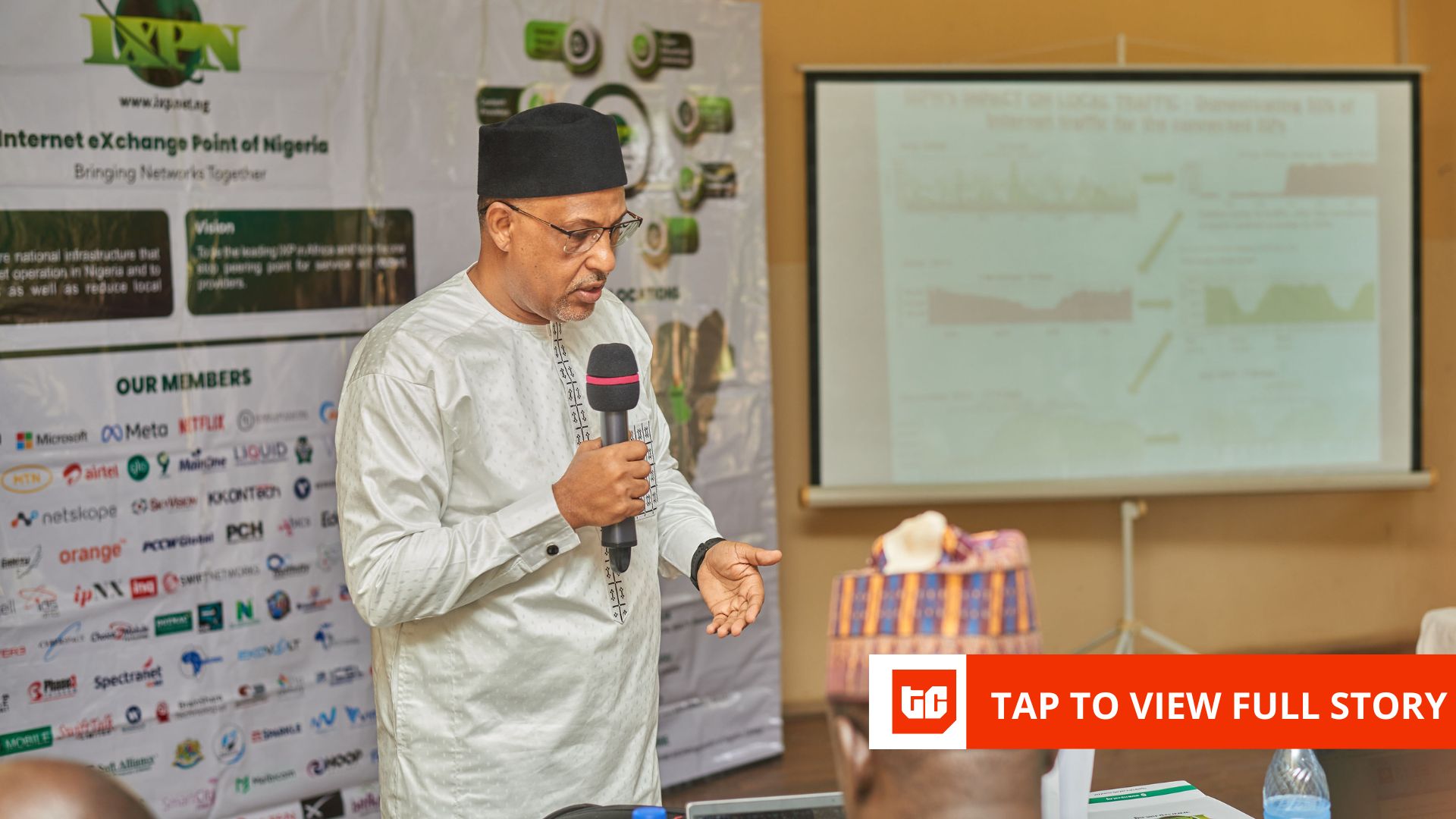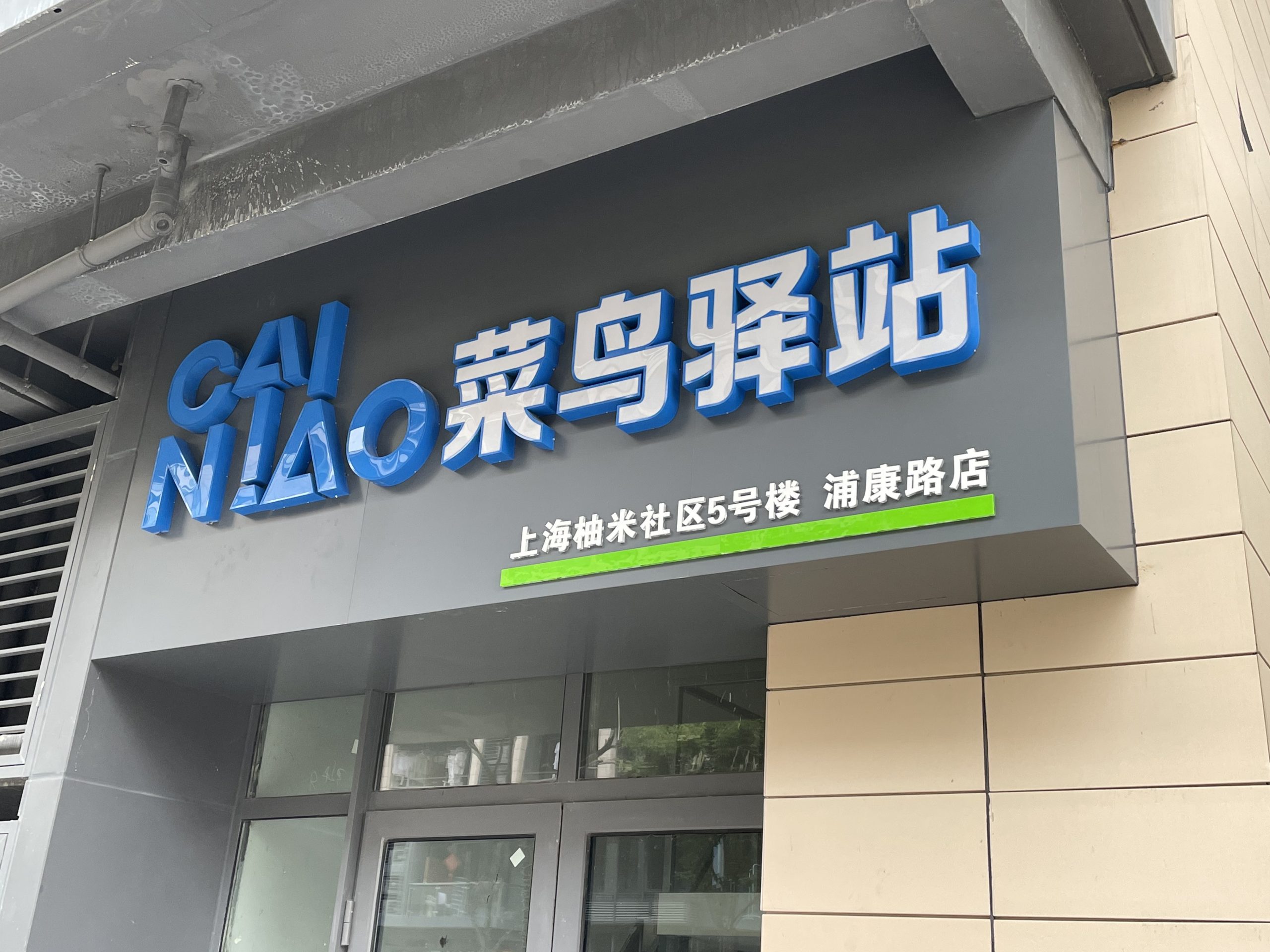In 2006, a request from a computer in Lagos to another computer in Abuja took a bizarre and expensive detour to the US or even the UK. Nigerian data didn’t stay in Nigeria; in fact, only 0.01% of Nigeria’s internet traffic remained within its borders. The result was slower load times, higher costs, and a fragile digital infrastructure.
That’s the problem the Internet Exchange Point of Nigeria (IXPN) has been trying to solve for nearly two decades; it’s working.
IXPN, the operator of Nigeria’s first carrier-neutral data centre, has led efforts to localise the country’s internet traffic, and is currently aiming to keep 80% of Nigeria’s internet traffic within national borders by 2030.
“When we started, just 0.01% of traffic was local,” said Muhammad Rudman, Chief Executive Officer of IXPN, during a peering community meeting hosted by Equinix on June 20, 2025. “Now, based on a survey with our members, between 40% and 70% of internet traffic is staying within Nigeria.”
IXPN handled just 800 kilobits per second of traffic in 2006, barely enough to load a modern homepage. Today, it moves over 1 terabit per second. The exchange point now plans to double its current capacity by the end of 2025, driven by confidence in Nigeria’s accelerating digital transformation.
IXPN’s foundation was laid with seed funding from the Nigerian Communications Commission (NCC), with a core mission to build trust and reduce Nigeria’s reliance on foreign internet pathways. The funding enabled the establishment of Nigeria’s first carrier-neutral data centre. This open, non-discriminatory interconnection facility helped dismantle monopolies and allowed smaller internet service providers (ISPs) to connect and grow.
However, the path to progress wasn’t without challenges. In the early days, most Nigerian ISPs relied on costly satellite links or international transit providers. Local peering required technical expertise, a new business mindset, and—most importantly—trust, all of which were initially in short supply.
A pivotal moment came when Google began peering with IXPN. This endorsement sparked confidence among local ISPs, particularly access and content providers, leading to a surge in local connections and traffic volume. It marked the beginning of a more self-sufficient internet ecosystem in Nigeria.
Routing internet traffic through international channels before it returns to Nigerian users not only causes delays but also increases costs and heightens exposure to global security threats. IXPN’s strategy of keeping traffic within the country ensures faster load times, reduces latency, and strengthens national cybersecurity. As Rudman noted, accessing a Nigerian website shouldn’t require a detour through Europe or the U.S.
Beyond just traffic volumes, IXPN is focused on building robust foundational infrastructure. It now hosts multiple critical DNS root servers, including those for .com, .net, .ng, and recently, .ca domains, ensuring that domain name resolutions are handled locally. This development improves browsing speeds and enhances resilience during global network outages.
“We are working to bring all critical internet infrastructure into Nigeria,” Rudman said. “For example, we’ve partnered with VeriSign to host their root servers for .com and .net here at IXPN.”
In addition to technical growth, IXPN has taken a collaborative approach with the ecosystem. Notably, the organisation has never disconnected any ISP over non-payment, choosing instead to prioritise inclusive development over commercial gain.










